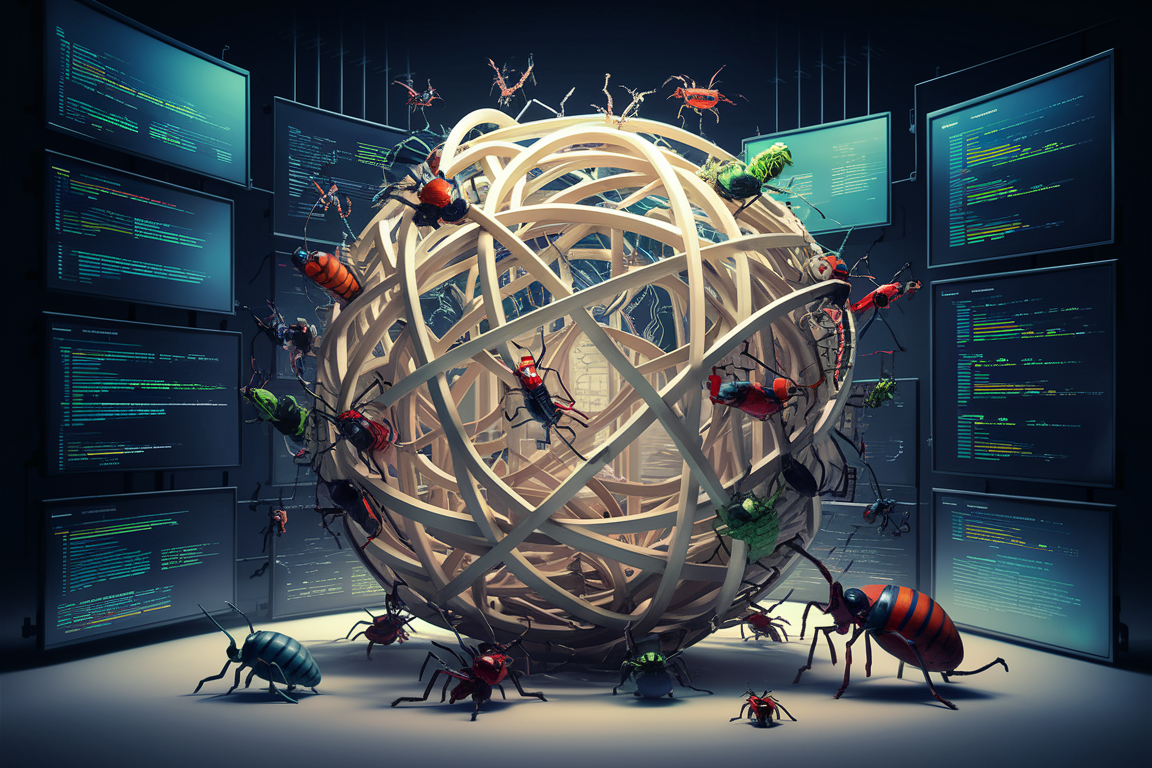The Real Threat of Chinese AI | Foreign Affairs
Since a little-known Chinese company called DeepSeek released a powerful new open-source AI model, the global AI market has been undergoing a transformative shift. DeepSeek's models, particularly DeepSeek-V3 and DeepSeek-R1, have been gaining rapid popularity due to their performance capabilities and low cost compared to models from top U.S. labs. This rapid rise poses a significant threat to U.S. leadership in AI, potentially paving the way for China to dominate the global AI landscape.
Implications of DeepSeek's Open-Source Approach
One key factor contributing to the adoption of DeepSeek's models is their open-source nature. Unlike many American AI models that are proprietary, DeepSeek's open-source approach allows anyone to download, run, study, modify, and build on their models at minimal expense. This has led to concerns within the American AI community about the limitations of closed-source models and the need to embrace open-source AI for long-term competitiveness.

Leading figures in the AI industry have acknowledged the importance of open-source AI, with calls for the United States to invest in developing and deploying competitive open-source large language models (LLMs). By supporting the growth of open-source AI models, the U.S. can not only enhance its global positioning in AI but also ensure that it maintains leadership in the field.
The Role of Open-Source AI in Shaping the Future
Open-source AI has been compared to the open-source software movement, with parallels drawn to the development of operating systems like Linux. Just as open-source software has driven innovation in various tech sectors, open-source AI models have the potential to shape the next generation of AI applications and services.

Collaboration within the open-source AI community has fueled rapid progress in AI development, with contributions from both academics and industry players. Embracing open-source principles has enabled the widespread dissemination of AI innovations and has been a driving force behind the technological advancements in the field.
Security Concerns and the Rise of Open-Source AI
While open-source AI offers numerous advantages in terms of innovation and collaboration, there are also concerns about security risks associated with open systems. Critics have warned that malicious actors could exploit open-source AI for nefarious purposes, prompting some companies to restrict access to their AI systems.
The Threat of Chinese-Controlled AI
However, the rapid growth of DeepSeek and its open-source AI models has raised concerns about the implications of Chinese-controlled AI systems. The Chinese government's regulations on LLMs to align with socialist values and its censorship of sensitive topics have underscored the risks of Chinese-designed AI models.
With Chinese-designed LLMs potentially shaping the AI ecosystem globally, there are growing concerns about the spread of Chinese propaganda and cybersecurity risks associated with these models. The influence of Chinese AI models could pose a significant threat to liberal values and the integrity of information dissemination in the AI space.




















